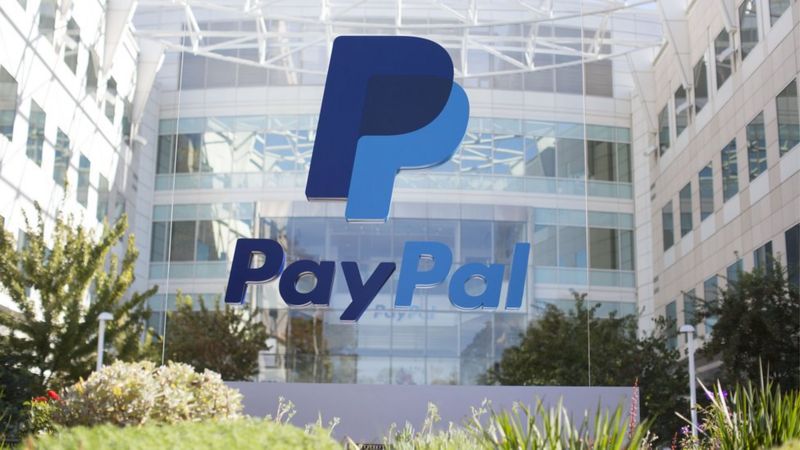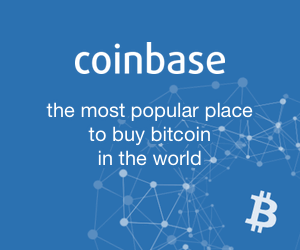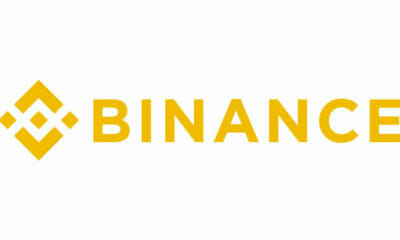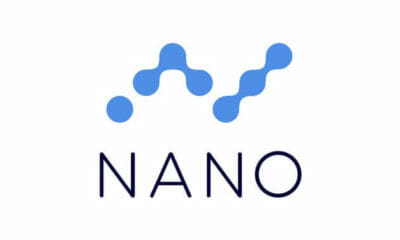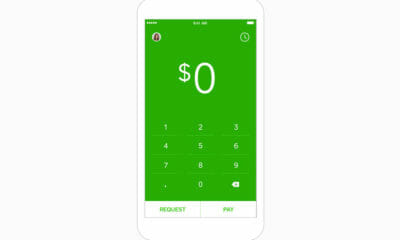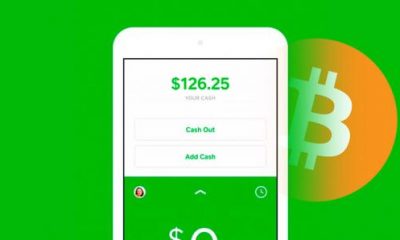Money managers are often reluctant to dive into new asset classes. That notion appears to be holding true with cryptocurrencies as a recent survey suggests a small amount of asset allocators plan to embrace bitcoin and friends this year.
A survey of attendees at the Context Summits conference in Miami revealed that 11% planned to allocate to cryptocurrencies this year.
“The respondents included staff from funds-of-hedge-funds, consulting firms, endowments, foundations, sovereign wealth funds, pensions, and family offices representing a combined $5 trillion under management,” reports Institutional Investor.
The skepticism surrounding cryptocurrencies among institutional investors comes even as many of these market participants are expected to increase exposure to alternative investments amid expectations that equities could underperform relative to 2017’s performances.
“The demand for alternative investments is supported by doubts over how long the current bull market can last, with 69% of institutional allocators surveyed predicting that traditional equities and fixed income markets will underperform in 2018 when compared to 2017, and an additional 19% predicting similar year-over-year performance,” said Context Capital Partners.
Lingering Crypto Skepticism
Institutional investors’ reluctance to embrace cryptocurrencies arrives against a challenging backdrop for digital currencies. Just a few months ago, the digital currency universe had a combined market value of about $700 billion, but that number has since dwindled to around $262 billion as the price of bitcoin has plunged. Bitcoin, the largest crypto by market value, has lost more than half its value just this year.
“There remains uncertainty surrounding the long-term investment merits of cryptocurrencies as 71% of allocators have no plans to invest in crypto-related funds and 18% are still undecided,” said Context Capital.
While some institutional investors remain apprehensive about cryptocurrencies, the number of hedge funds focusing on blockchain and crypto investments is surging. That number was approximately 150 at the start of this year, up noticeably from the start of 2017, and some market observers believe the number of blockchain and digital currency hedge funds could double or triple again in 2018. Still, some market participants are expressing doubts.
“At the same time, there was broad confusion and skepticism about the viability of crypto as an asset class, with 27% calling it a fraud, 27% calling it legitimate and the remaining 47% saying they ‘don’t know,’” said Context Capital.
Some well-known investors and Wall Street executives have previously excoriated bitcoin while others have endorsed the digital currency.











